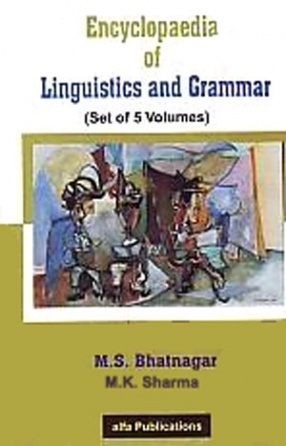
Showing all 9 books
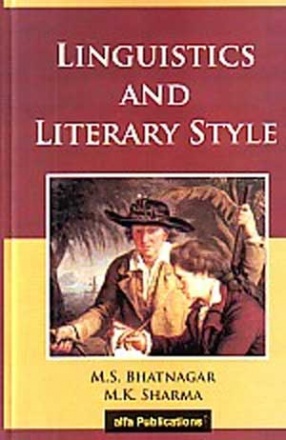
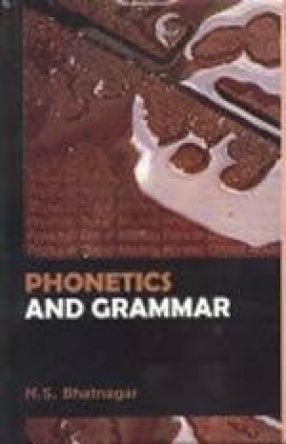
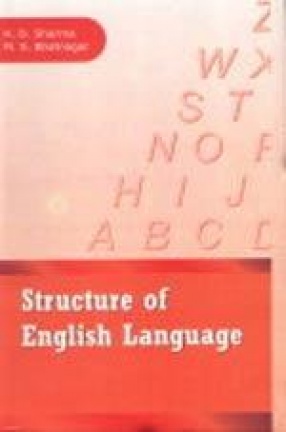
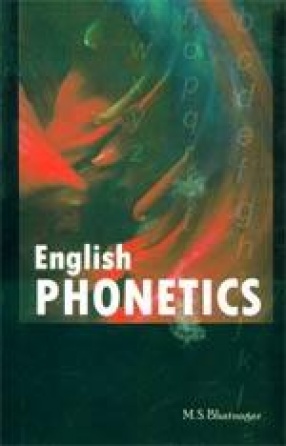

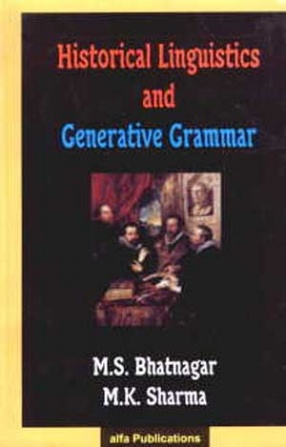
Initially, all modern linguistics was historical in orientation - even the study of modern dialects involved looking at their origins. But Saussure drew a distinction between synchronic and diachronic linguistics, which is fundamental to the present day organization of the discipline. Primacy is accorded to synchronic linguistics, and diachronic linguistics is defined as the study of successive synchronic stages. Saussure's clear demarcation, however, is now ...

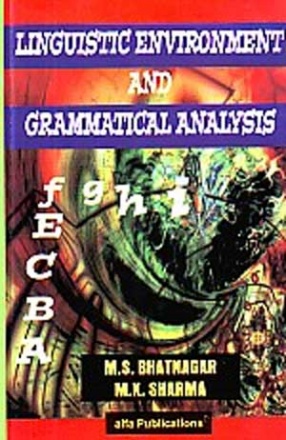
Linguistics is narrowly defined as the scientific approach to the study of language, but language can, of course, be approached from a variety of directions, and a number of other intellectual disciplines are relevant to it and influence its study. Semiotics, for example, is a related field concerned with the general study of signs and symbols both in language and outside of it. Literary theorists study the use of language in artistic literature. Linguistics ...

Phonetics is the scientific study of the production, transmission and reception of speech sounds. It studies the medium of spoken language. Touching upon physiology and physics, phonetics is now a pure science that studies speech processes, including the anatomy, neurology and pathology of speech, as well as the articulation, description, classification, production and perception of speech sounds. It looks at speech from three distinct but interdependent ...

Language of a nation is a not at times, the same, like the thoughts and feelings but is capable of enrichment, expansion and modification in hundred ways with the advance of civilization and fortunes of history. The process of change is continuous one, and one period passes by insensible gradation into author. There are transitions and overlapping between any two periods because state of flux, which changes gradually and is perpetually changing. There are certain ...

Phonetics is the study of the sounds of human speech. It is concerned with the actual properties of speech sounds and their production, audition and perception, as opposed to phonology, which is the study of sound system an abstract sound units. Phonetics deals with the sounds themselves rather than the contexts in which they are used in languages. Discussions of meaning do not enter at this level of linguistic analysis. Phonetics studies ...
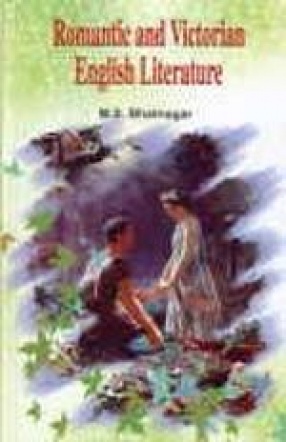
The Victorian Age was essentially a period of peace and prosperity for England. The few colonial wars that broke out during this period exercised little adverse effects on the national life. The Crimean War, of course, caused a stir in England, but its effect were soon forgotten and the people "regained the normal tenor of their lives without feeling the aftermaths of war in their round of daily activities". In the earlier years of the age, the effect ...

The Modern Age in English Literature started from the beginning of the twentieth century and it followed the Victorian Age. The most important characteristic of Modern Literature is that it is opposed to the general attitude to life and its problems adopted by the Victorian writers and the public, which may be termed "Victorian". The young people during the first decade of the present century regarded the Victorian Age as hypocritical, and the Victorian ...
